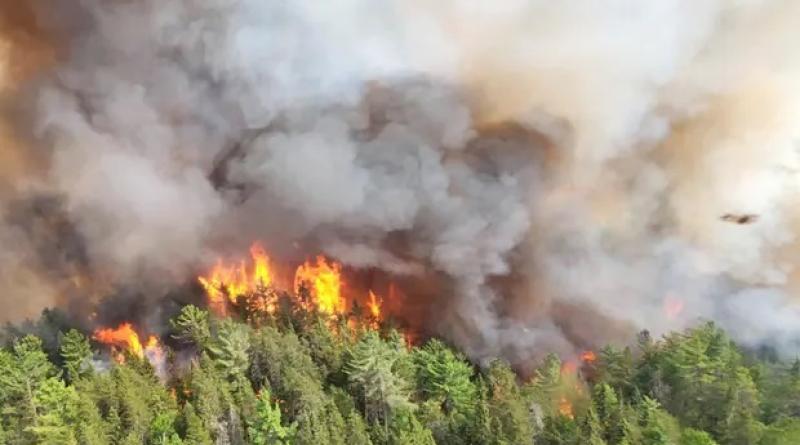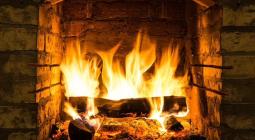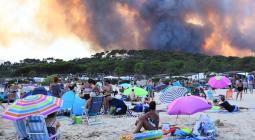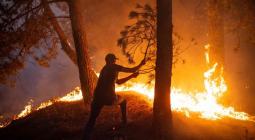Smoke from Canadian wildfires hits Norway and flows to southern Europe

Smoke from Canadian wildfires that has descended upon parts of the eastern US and Canada in a thick haze has drifted over Norway and is expected to hit southern Europe, Norwegian officials said on Friday.
Using a climate forecast model, atmosphere and climate scientists with the Norwegian climate and environmental research institute (NILU) predicted how the smoke would travel through the atmosphere, flowing over the Scandinavian country before moving further south. The smoke was not expected to pose a health risk there.
“Smoke from the forest fires in Canada is still drifting in over Norway. It will also reach other parts of Europe over the next few days,” the institute said on Twitter.
The smoke has moved over Greenland and Iceland since 1 June, and observations in southern Norway have recorded increasing concentrations of aerosolized particles, the independent research institution said.
“We may be able to see some haze or smell smoke,” Nikolaos Evangeliou, a senior NILU researcher, said. “However, we do not believe that the number of particles in the air here in Norway will be large enough to be harmful to our health. When the smoke reaches Europe, the number of particles is much lower,”.
The smoke will probably continue to move through Norway as the blazes burn in Canada, he said in a statement.
Kjetil Tørseth, research director with NILU, said that with the increasing temperatures due to climate crisis, forest fires are likely to be more common and of a larger magnitude.
“So I think these kind of episodes are to be more common in the future. And they do, of course, have an impact on climate,” he told the Associated Press. “We are especially interested to see the effects on the Arctic, where soot deposition on to snow and ice might actually increase the local warming.”
Canada and the east coast of the US have experienced hazardous levels of pollution from the Canadian wildfires, mainly in the eastern province of Quebec. Massive swaths of unhealthy air extended as far as the US midwest.
Wednesday was the worst day for wildfire air pollution in recent US history – the same day New York and Detroit reported the worst air quality in the world.
The smoke has put more than 110 million Americans under toxic air warnings, led to flight delays at major airports, caused the postponement of Major League Baseball games and prompted people to fish out pandemic-era face masks.
Canada has asked for help fighting more than 400 blazes nationwide.
cover photo:Sudbury 17 wildfire burns east of Mississagi provincial park near Elliot Lake, Ontario, on 4 June 2023. Photograph: AP






